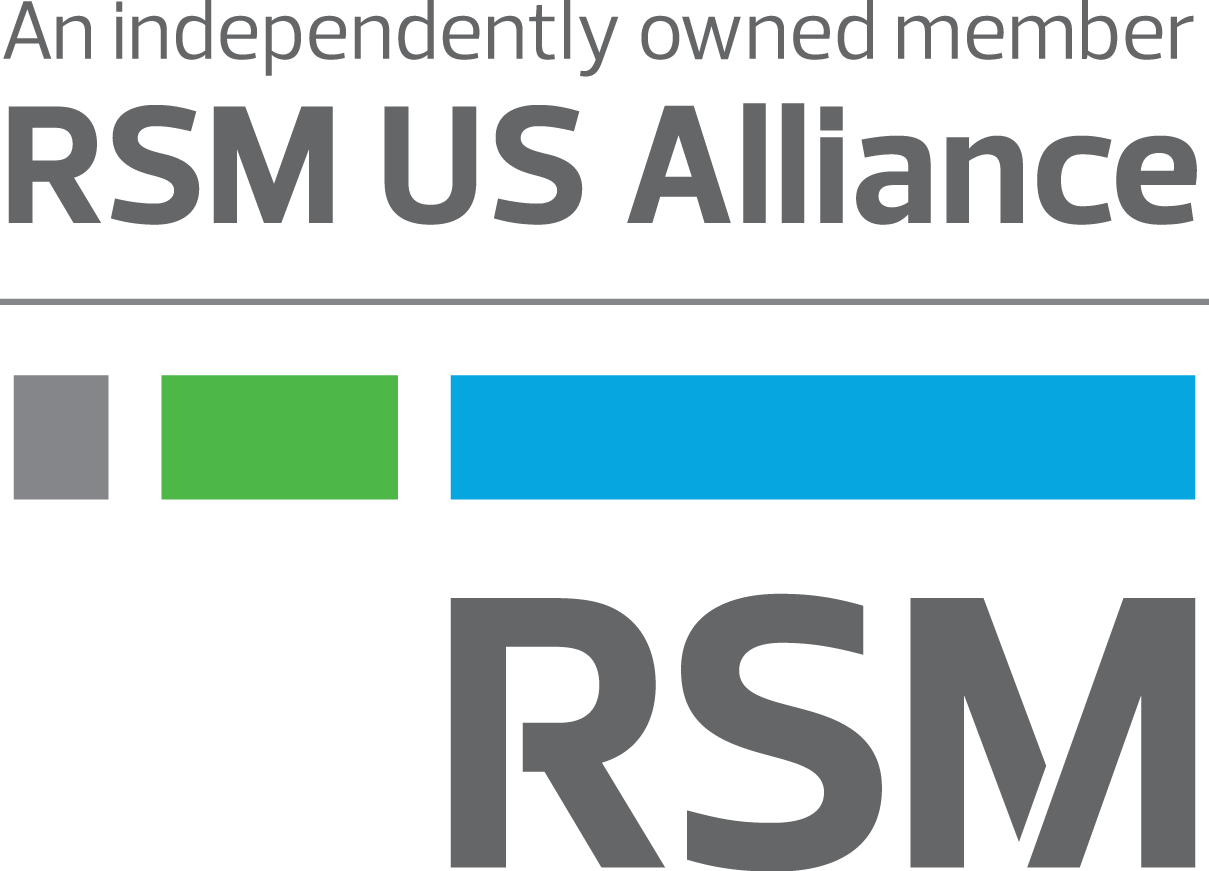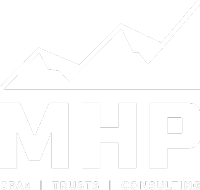Authored by RSM LLP
For the first time since February 2022, the RSM US Financial Conditions Index has turned positive amid a robust economy, strong labor market, easing inflation and rising real wages and personal disposable income.
Barely above zero, our index indicates normal levels of risk being priced into the financial assets that power the U.S. economy.
Barely above zero, our index indicates normal levels of risk being priced into the financial assets that power the U.S. economy.
This is an important step for sustaining economic growth and further evidence that the monetary and fiscal authorities are achieving a soft landing after the shocks of inflation and a highly restrictive monetary policy.
Still, our index is a composite measure of the equity market, the money market and bond market. And while the money market is signaling all clear and the equity market continues to soar, the bond market retains a good dose of caution that should not be ignored. There are still geopolitical threats to price stability and economic growth.
The money market: Return to normal
Money market funds continue to withdraw assets from the Federal Reserve’s overnight repo facility. The facility was created as a place where money-market funds could park their assets during periods of distress.
It appears that the emergency has passed. The funds are opting to withdraw their assets to invest instead in Treasury bills that are earning comparable rates of interest but for longer maturities.
This is important sign of confidence in normal government operations and in the prospect of monetary policy easing.
The forward market is anticipating the Fed to quickly begin pressuring short-term rates lower now that inflation looks to have been vanquished.
That helps to explain the demand for six-month Treasury bills that are paying 5.23% in lieu of the facility’s overnight rate of 5.3%.
We think the Federal Reserve will wait until June before cutting the federal funds rate. And we expect the demand for the safety of T-bills to put a cap on short-term interest rates, which will allow the Fed to maintain a program of gradual reductions in the policy rate.
Equity market: Robust returns led by tech
The tech-heavy S&P 500 increased by 25% last year, with a yearly return of 20% as of Jan. 24.
The Nasdaq index of tech stocks grew by 43% in 2023 and was up by 33% on the year ending Jan. 24.
If that weren’t enough, the VIX index of S&P 500 volatility has been consistently below its long-term average since the middle of 2022.
Where to next?
There is a healthy debate between those who think these equity returns can continue as the economy continues to grow, and those who expect the increase in interest rates and changes in tax policy will have a negative effect on corporate profits and in turn stock prices.
At the end of January, the equity component of the RSM US Financial Conditions Index is one standard deviation above what would normally be expected in terms of volatility and returns compared with recent averages. That is enough to counteract the concerns in the bond market.
The bond market: Waiting on the Fed
The last piece in the puzzle is the normalization of the yield curve. There are still some unresolved issues with regard to the wars and their impact on inflation and the economy to consider.
Last June, before the Fed’s last rate hike, the yield curve was inverted. The red line in the figure below shows the abnormal condition of the yield on 10-year bonds being lower than five-year and two-year yields. The higher yields of two-year and five-year bonds reflected lingering concerns over price stability while the lower yield on the 10-year bond reflected concerns of a monetary-policy induced recession.
Now, the curve is positively sloped from five-year notes out to 30-year bonds. That is a big step in the market’s recognition of the strength of the labor market, the squashing of inflation, and the growth of the economy.
Two-year yields have dropped 90 basis points since October, which implies that the market has become more confident in the reductions of the Fed’s policy rate over the next two years.
Once the Fed indicates that the threat of inflation has ended and that it will begin to lower its overnight policy rate, we expect the market to push two-year yields lower, which will allow the yield curve to become positively sloped again.
Waiting for confirmation
Our financial conditions index was designed to anticipate economic growth in the coming quarters and to offer a real-time indicator of the willingness to borrow or to lend in the business community.
The Federal Reserve’s Senior Loan Officer Opinion Survey for the fourth quarter will be released in the first week of February. With the financial conditions index already at neutral and the economy operating at full employment, we can anticipate increased demand for commercial and industrial loans.
But with short-term interest rates still on the order of 5.5%, the odds of a steep increase in the demand for loans in the fourth quarter seem less likely than a gradual improvement. We should begin to see real gains in the second quarter.
Let’s Talk!
Call us at (307) 634-2151 or fill out the form below and we’ll contact you to discuss your specific situation.
This article was written by Joseph Brusuelas and originally appeared on 2024-01-29.
2022 RSM US LLP. All rights reserved.
https://realeconomy.rsmus.com/financial-conditions-turn-positive/
RSM US Alliance provides its members with access to resources of RSM US LLP. RSM US Alliance member firms are separate and independent businesses and legal entities that are responsible for their own acts and omissions, and each are separate and independent from RSM US LLP. RSM US LLP is the U.S. member firm of RSM International, a global network of independent audit, tax, and consulting firms. Members of RSM US Alliance have access to RSM International resources through RSM US LLP but are not member firms of RSM International. Visit rsmus.com/aboutus for more information regarding RSM US LLP and RSM International. The RSM(tm) brandmark is used under license by RSM US LLP. RSM US Alliance products and services are proprietary to RSM US LLP.

MHP, LLP is a proud member of RSM US Alliance, a premier affiliation of independent accounting and consulting firms in the United States. RSM US Alliance provides our firm with access to resources of RSM US LLP, the leading provider of audit, tax and consulting services focused on the middle market. RSM US LLP is a licensed CPA firm and the U.S. member of RSM International, a global network of independent audit, tax and consulting firms with more than 43,000 people in over 120 countries.
Our membership in RSM US Alliance has elevated our capabilities in the marketplace, helping to differentiate our firm from the competition while allowing us to maintain our independence and entrepreneurial culture. We have access to a valuable peer network of like-sized firms as well as a broad range of tools, expertise, and technical resources.
For more information on how the MHP, LLP can assist you, please contact us.
















